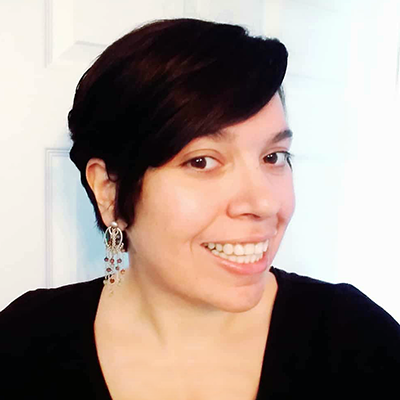Shelba Deer is an Anishinaabe/Onkwehón:we (Original people-Ojibwe/Mohawk) from Sheguiandah First Nation, Manitoulin Island, Ontario. She is a loving, caring aunt to her nieces and nephews, and is very family and friend oriented. She became active in her Indigenous culture and community, with ceremonies such as fasting, the water offering and the sweatlodge in 2012. Shelba carries a sacred bundle and is a ceremonial helper (ooshkaabbewis) of Anishinaabe/Indigenous healing modalities and ceremonies. She became certified in energy work Reiki Level 3 and Access the Bars in 2017. She does public speaking, teachings, ceremonies and facilitates workshops pertaining to the Indigenous culture, spirituality, way of life and local land-based community art since 2016. She did cultural public speaking and led facilitation for the ceremonies for the play There Is No Word for Wilderness in Toronto in 2018. She is now learning about her Mohawk roots and culture. She currently attended her first Longhouse ceremony in Kahnawake, Quebec where her late father’s family is from. One thing that Shelba learned about the teachings and the culture of her Ojibwe and Mohawk way of life is they are similar, and at the same time they are different, but not one Indigenous way of life is better than the other. After all spirituality is universal.
Outline for Teachings for Play:
Shelba Deer will be giving Anishinaabek cultural teachings and be conducting ceremonies after each play is over. These teachings and ceremonies will vary each evening such as smudging, tobacco offerings, sharing circles, food offerings, and have different teachings about how to connect to the spirit of life, and to connect, respect and care for Shkagamik-kwe (Mother Earth). Before everyone enters the seating area Shelba will introduce herself and start out with giving a teaching about the moontime and what the protocols are for the moontime when it comes to ceremony. It is protocol for kweok (women) and girls to wear either a skirt, dress or wrap for ceremony, but if not that is fine. This is usually done out of respect. Miigwech, Nia:wen and thank you!
